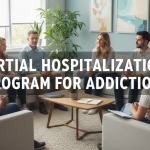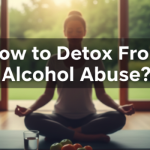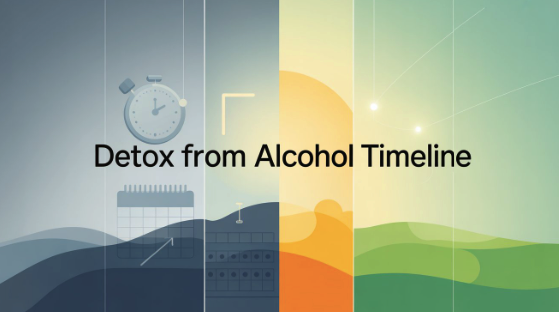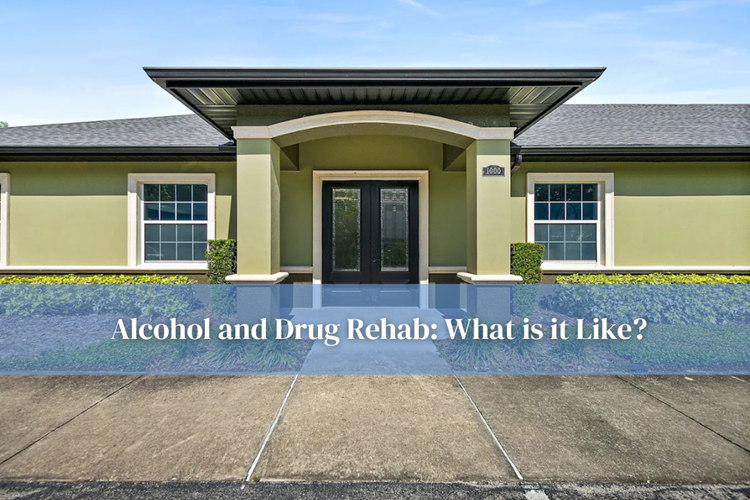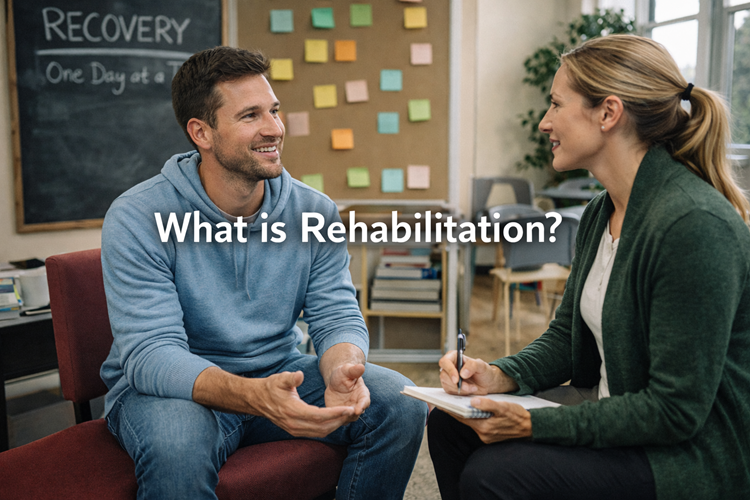Anxiety and depression are perhaps the most prevalent mental disorders in the US, with at least 40 million American adults having anxiety, while at least 17.3 million Americans have experienced at least one major depressive episode in their lifetime. Most may wonder which would be worse to have: anxiety vs depression. Both severely limit the quality of a person’s life.
What is Anxiety?
Anxiety refers to a range of emotional disorders that are characterized by intense feelings of fear, dread, and uneasiness. These emotional disorders are usually accompanied by feelings of tension, worried thoughts, and symptoms such as elevated blood pressure, sweating, trembling dizziness, or rapid heartbeat.
Most people associate anxiety with fear, due to how they feel. The difference between the two is that anxiety is considered a future-oriented, long-acting response broadly focused on a diffuse threat, while fear is an appropriate, present-oriented, and short-lived response to a identifiable and specific threat.
What are the Different Types of Anxiety?
While anxiety is mostly associated with the emotion of fear, it does have a few different types, including:
[accordion]
[accordionblock title=”Generalized Anxiety Disorder”]
Generalized Anxiety Disorder (GAD) is an anxiety disorder that manifests as chronic feelings of anxiety, exaggerated worry, and persistent tension, regardless if there is little or nothing to induce these feelings.
[/accordionblock]
[accordionblock title=”Obsessive-Compulsive Disorder”]
Obsessive-Compulsive Disorder (OCD) is a disorder that is characterized by recurrent, unwanted thoughts (obsessions) or repetitive behaviors (compulsions), or both. Some of the more common manifestations include repetitive hand washing, counting, checking, or cleaning. These repetitive actions are performed in a ritualistic way by way of manner and frequency.
[/accordionblock]
[accordionblock title=”Panic Disorder”]
This disorder is characterized by unexpected and repeated episodes of intense fear accompanied by physical symptoms such as chest pains, heart palpitations, shortness of breath, dizziness, or stomach aches.
[/accordionblock]
[accordionblock title=”Post-Traumatic Stress Disorder”]
Post-Traumatic Stress Disorder (PTSD) is a disorder that could be brought about by exposure to a significantly frightening event or experience, such as a life-threatening accident, war, or intense violence.
[/accordionblock]
[accordionblock title=”Social Phobia”]
Social Phobia, also known as Social Anxiety Disorder, is a disorder that induces overwhelming anxiety and excessive self-consciousness in everyday social situations. This disorder is typically brought about by being in a social situation or being around any number of people.
[/accordionblock]
[/accordion]
What is Depression?
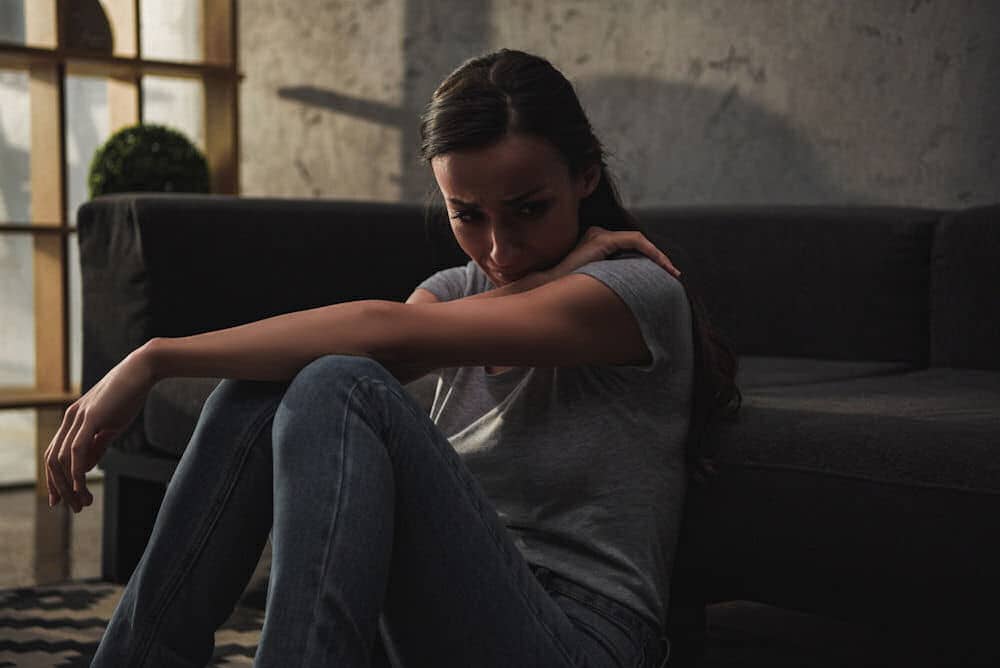
Depression is a mood disorder that causes persistent feelings of sadness, a general loss of interest, and a preference to be anti-social. Depending on the severity, it may last for anywhere between a few days to several months. This disorder interferes with almost everything that has to do with daily life and causes physical symptoms such as pain, significant weight loss or gain, disruption of sleeping patterns, and a persistent lack of energy.
Depression is debilitating for people, as they feel the inability to concentrate, complete worthlessness, excessive guilt, or even recurring thoughts of death or suicide. Orlando Treatment Solutions offers depression treatment in Orlando, FL for those who are suffering from this condition. Get help today before it’s too late!
What is the Difference Between Depression and Anxiety?
Depression and anxiety both have similarities and differences. The two conditions are similar in that they share a biological basis. The persistent states of anxiety or low mood experienced by people with depression involve changes in the functions of neurotransmitters like serotonin. Low serotonin levels are associated with both anxiety and depression, as well as dips in other brain chemicals like dopamine and epinephrine.
The differences, on the other hand, lie in the symptoms.
Symptoms of Depression include:
- The persistent severe melancholic mood
- Lack of interest in most things
- Significant increase or decrease in appetite
- Disruption of sleep patterns
- Pronounced slowing of movement
- Persistent lack of energy
- Chronic feelings of guilt or worthlessness
- Immense difficulty in concentrating
- Suicidal thoughts
Symptoms of Anxiety include:
- Excessive and unwarranted worry
- Chronic restlessness
- Persistent feelings of fatigue
- Difficulty in concentrating
- Irritability
- Disruption of sleep patterns
- Persistent muscle tension
Is There a Treatment for Both Depression and Anxiety?
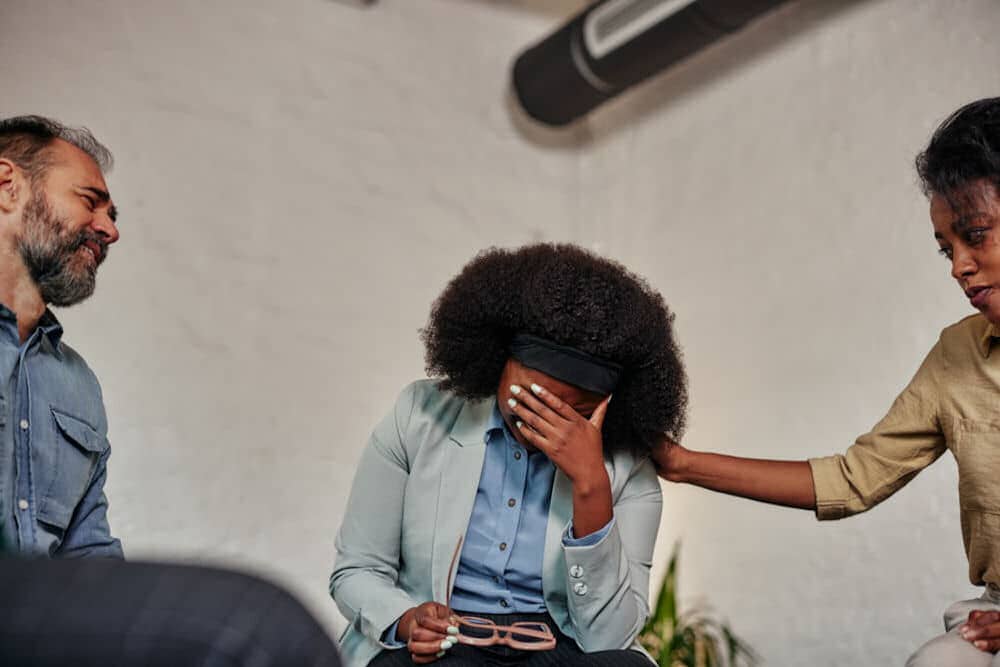
As both conditions are considered to be mental health disorders, the primary form of treatment would need to be that which is targeted at approaches that put a focus on psychological and behavioral concerns.
[accordion]
[accordionblock title=”Individual Therapy”]
Individual therapy is a form of psychotherapy where a trained professional helps a single person work through mental health issues they have been facing. It is an effective treatment for a variety of emotional difficulties and mental illnesses as the person is given the benefit of the full attention of the therapist, in an environment that is most conducive to talk therapy. These individual therapy for addiction sessions allow the individual to confidentially talk about what may be bothering them.
[/accordionblock]
[accordionblock title=”Group Therapy”]
Group therapy is an approach where multiple patients receive treatment at the same time. This group therapy for substance abuse can be used for a variety of conditions including emotional trauma, anxiety, depression, and even alcohol and substance abuse disorders. This treatment form is widely accepted as being quite effective as it removes the feeling of isolation from those suffering from a condition and assures them that they are not alone in what they are going through.
[/accordionblock]
[accordionblock title=”Cognitive Behavioral Therapy”]
Cognitive behavioral therapy (CBT) is a psychotherapy approach that is based on the premise that a person’s thoughts, feelings, and actions are interconnected and that negative thoughts and feelings can trap a person in a negative cycle. CBT for addiction aims to isolate these negative thoughts and behaviors so that they may be avoided or addressed.
[/accordionblock]
[accordionblock title=”Dialectical Behavior Therapy”]
Dialectical behavior therapy (DBT) or DBT for substance abuse is a psychotherapy approach that is based on CBT and is aimed at helping people recognize destructive emotions and regulate these emotions so that they do not cause the person to act irrationally.
[/accordionblock]
[/accordion]
Let Orlando Treatment Solutions Help You Find the Best Mental Health Treatment
Different issues may require different solutions, but the important thing is that the solution is best suited for the concern, or it might not work at all. This is what we specialize in here at Orlando Treatment Solutions, as we make a point of knowing everything about the patient and then assessing the best approach for it. Talk to us now so we can help you too.












